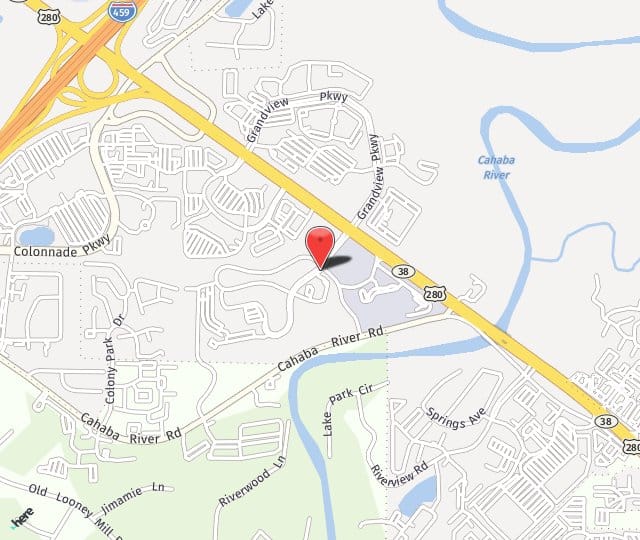
What is cardiac ablation?
The goal of cardiac ablation is to destroy the pathway of the abnormal rhythm. This is usually done with a catheter with electrodes at the tip. Cardiac ablation will stop the source of the electrical signals that are creating abnormal rhythms. It can also disconnect the electrical pathway between the upper chambers (atria) and the lower chambers (ventricles) of the heart.
Who is a candidate for cardiac ablation?
Dr. Smith uses cardiac ablation to correct problems with a patient’s heart rhythms. For normal function, our hearts must beat in regular rhythm. These contractions are initiated by electrical impulses that must follow a precise path, otherwise, the patient can have arrhythmia, an abnormal heartbeat.
Cardiac ablation isn’t Dr. Smith’s first treatment option, but it may be the right approach for patients with these characteristics:
- Experienced side effects from medications to treat their arrhythmia
- Haven’t responded to medications to treat their arrhythmia
- Have types of arrhythmias that respond well to ablation
- Are at high risk for complications, such as cardiac arrest, due to their arrhythmias
Types of cardiac ablation
There are different methods that Dr. Smith can use for ablation:
- Atrial flutter ablation — This creates scar tissue in the upper right chamber of the heart, blocking the electrical signals causing a fluttering heartbeat.
- Pulmonary vein isolation — This creates scar tissue in the part of the left upper chamber where the pulmonary veins connect.
- Supraventricular tachycardia — This creates scar tissue within both upper chambers.
- Ventricular tachycardia ablation — Ventricular tachycardia is the term for electrical signals originating in the lower chambers of the heart, causing the heart to beat too quickly. This ablation eliminates those areas.
If you have symptoms of an irregular heartbeat, Dr. Smith is the person to see. Please call us at (205) 510-5000 to schedule your consultation.

